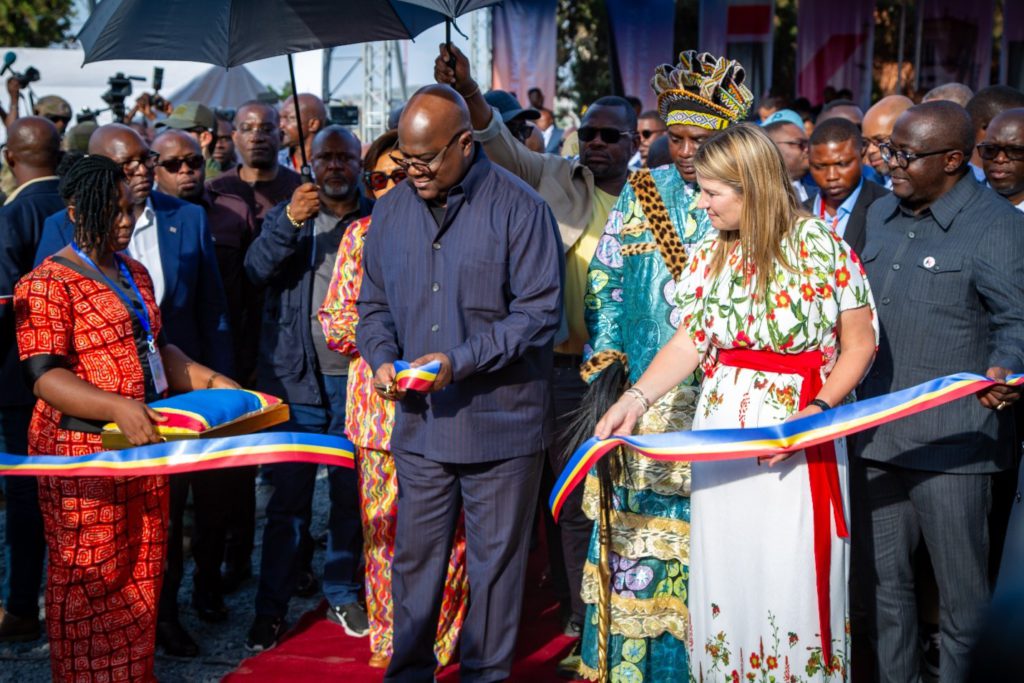Federal government’s plan to convert commercial properties into homes raises more questions

Redevelopment costs could be ‘prohibitive,’ expert says, and we still don’t know how vacancies will look once crisis ends

Article content
The federal government thinks it can address the country’s red-hot housing market by having property owners convert commercial buildings, left vacant due to the pandemic, into livable spaces, but industry watchers question whether that plan is realistic.
The Liberals, in Monday’s federal budget announcement, indicated that $1.3 billion of previously announced funding will be reallocated to create more homes. Of that, $300 million will be dedicated to converting vacant commercial properties into 800 units of market rental housing.
“As the demand for retail and office space has changed due to COVID, some landlords, particularly in major urban cores, are facing higher vacancies,” the budget stated. “This is an opportunity for property owners and communities to explore converting excess space into rental housing, enhancing the livability and affordability of urban communities.”
Advertisement
Story continues below
This advertisement has not loaded yet, but your article continues below.
Article content
Qaiser Mian, senior director of research, valuations and advisory at Altus Group Ltd., said hotels would seem to be the most optimal type of commercial property to make such a change.
“The feasibility has to start from more of a macro view,” he said. “The location of the property, the physical attributes of the property, the proximity to complementary facilities, and amenities. If that checks all the boxes, then you have to look at the actual construction of the building you want to convert and how much additional work you have to do.”
A hotel guest room, he said, already has a bathroom, living space and heating, ventilation and air conditioning (HVAC) unit, as well as fairly wide corridors and elevators, so all it really needs to be a functional home is a kitchenette.

But a big problem with converting office spaces is planning, since those buildings don’t have sufficient plumbing to support housing units, and a developer would have to account for that when adding suitable kitchens and washrooms.
“That can be a prohibitive cost,” Mian said, adding that’s especially the case for property owners who took a hit during the pandemic.
Office spaces do have an advantage in that their open-floor concepts can allow developers to create a variety of unit sizes, whereas hotels are restricted to existing room sizes unless major renovations are done.
Even though office space vacancies have risen nationally over the past four quarters, it’s still too early to tell if the death of the office warrants a ramp-up in housing conversions, Mian said.
Advertisement
Story continues below
This advertisement has not loaded yet, but your article continues below.
Article content
In the first quarter of 2021, downtown office vacancies across the country rose to 14.3 per cent, up from 13 per cent the previous quarter, according to CBRE data. At the same time, demands to visit office spaces are “noticeably on the rebound,” said Jon Ramscar, CBRE’s Toronto downtown managing director, in an April press release.
“In fact, in March, Toronto saw the most office space tours since the onset of the pandemic, with demand highest among tech companies and law firms,” he said in the release. “Canadian office markets are beginning to stabilize with some early indications of a shift in sentiment in some sectors.”
Chuck Scott, chief executive of Cushman and Wakefield PLC in Canada, said big, downtown office towers likely won’t be converted.

Canadian home price gains accelerate sharply, with Halifax and Hamilton leading charge

Trudeau government’s federal budget enters housing fray with tax on foreign owners

Canadian housing starts hit new record in March after climbing 21.6%

The pandemic has made our homes more than just a home — no wonder prices are soaring
“These are generally owned by investors with a long-term, strong conviction for the office sector,” he said in an emailed statement.
Mian echoed Scott’s analysis of the office sector, and added that even the hotels best-positioned for housing conversion are typically 20 to 40 years old.
“It’s still early days, as far as the office sector and how it’s going to play out,” he said. “There may not be an oversupply (issue) once we’re on the other end of COVID.”
Financial Post
• Email: bbharti@postmedia.com | Twitter: biancabharti
Listen to Down to Business for in-depth discussions and insights into the latest in Canadian business, available wherever you get your podcasts. Check out the latest episode below:
Advertisement
Story continues below
This advertisement has not loaded yet, but your article continues below.








